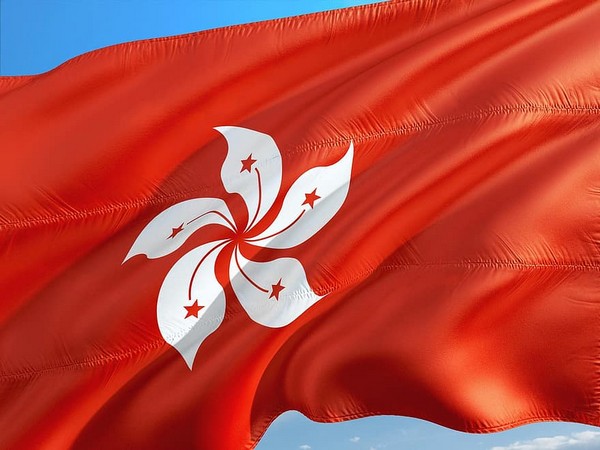

Amid a slew of draconian laws introduced by the Chinese in Hong Kong, an annual report on press freedoms across the globe published by Reporters Without Borders (RSF) indicates that Hong Kong, once a bastion for free press, has plummeted in the rankings.
The dismal performance has been mainly attributed to the Chinese government’s implementation of the National Security Law (NSL), which was enacted in June 2020 and has been wielded to prosecute and jail journalists, Vision Times reported.
According to the 2022 report, Hong Kong now ranks 148th out of 180 countries measured placing Hong Kong between the Philippines and Turkey, the report said.
The People’s Republic of China ranked 175th and North Korea ranked the lowest at 180.
Last year, Hong Kong ranked 80th in the index meaning Hong Kong has plunged in the rankings considerably in one year.
Due to the NSL, “In 2021, two major independent news outlets, Apple Daily and Stand News were forcefully shut down while numerous smaller-scale media outlets ceased operations, citing legal risks,” the RSF report reads.
“The Hong Kong government takes orders directly from Beijing and openly supports its attempts to impose censorship and spread propaganda,” the authors of the report said, Vision Times quoted.
The organization cites public broadcaster Radio Television Hong Kong (RTHK), which was previously renowned for its fearless investigations, but has subsequently been placed under pro-government management which does not hesitate to censor the programs it disapproves of.
Despite Hong Kong’s Basic Law enshrining “freedom of speech, of the press and of publication” the NSL serves as a pretext to silence independent voices in the name of the fight against “terrorism”, “secession”, “subversion”, and “collusion with foreign forces”.
Hong Kong was once a safe place for journalists to operate until 2014 when journalists who covered the Umbrella Movement were targeted by the police and pro-Beijing factions, Vision Times said.
However, most large-scale media outlets in China are state-owned and parrot pro-Beijing talking points, the publication added.